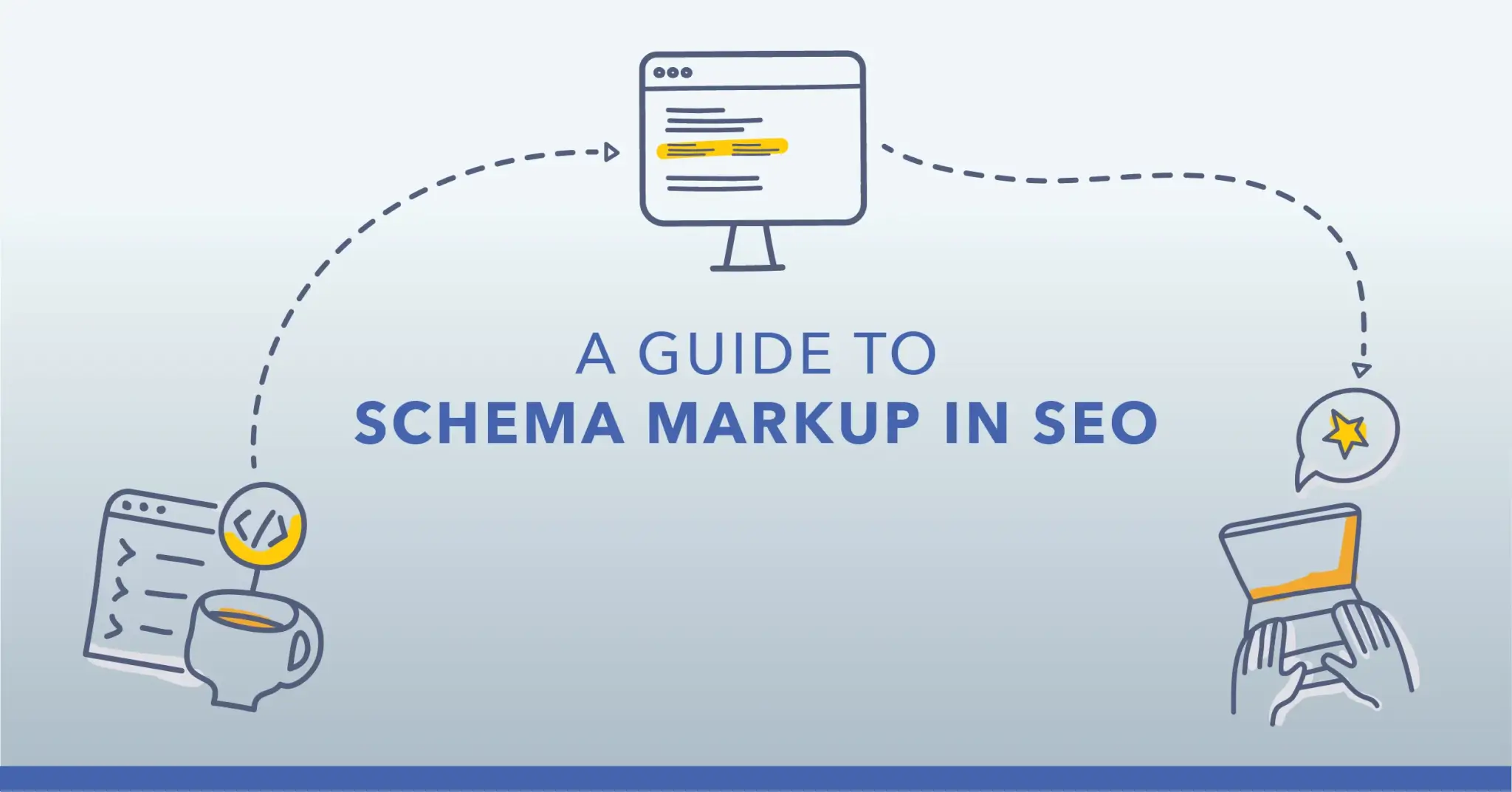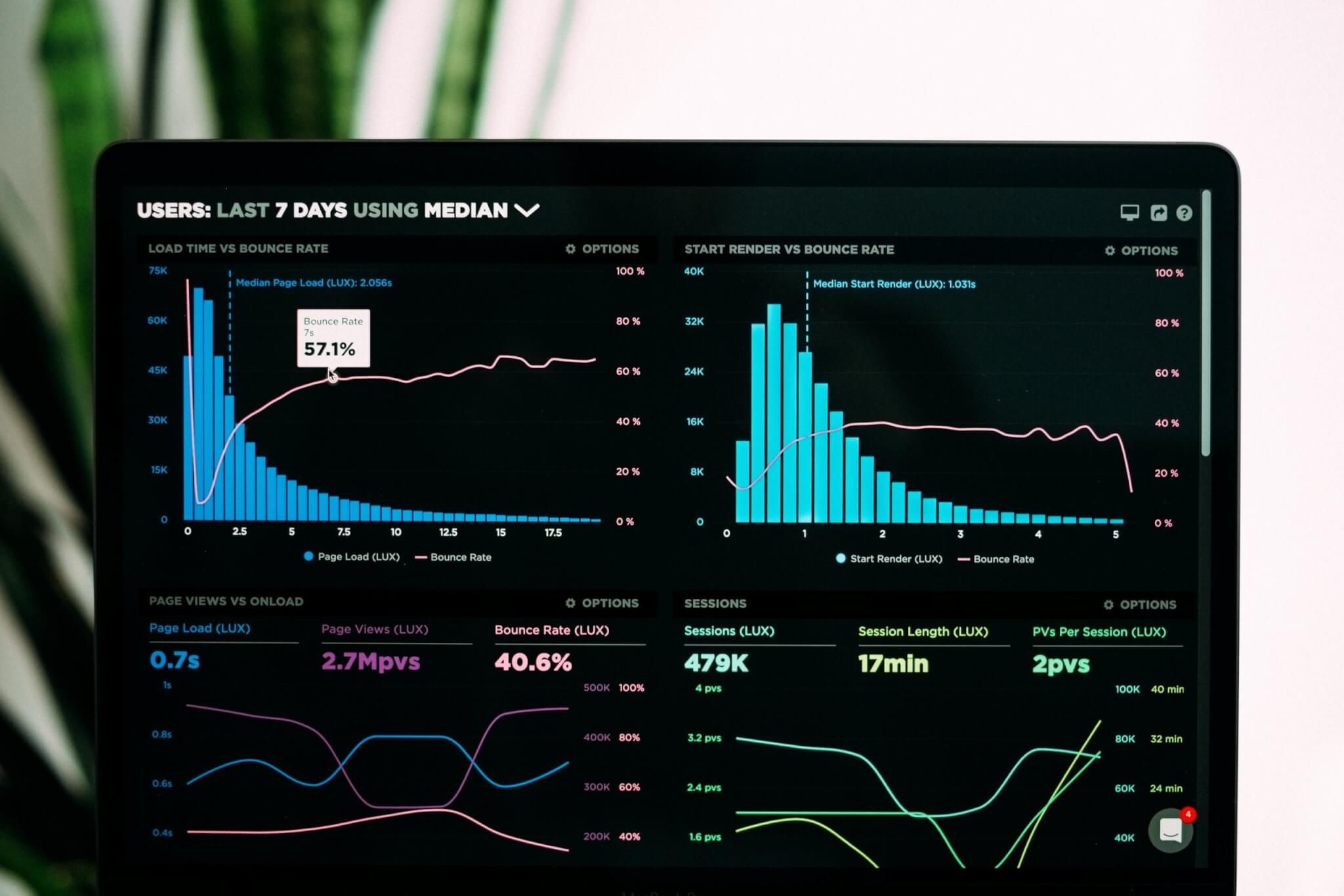As a small business, content marketing can be a great way to build an audience and boost your brand awareness. But what actually is content marketing? How do you do it and is it worth your precious time? Let’s explore why content marketing is so important and how you can produce the very best content.
What is content marketing?
Content marketing is creating and sharing content to attract an audience to your website with the aim to acquire customers/clients. Content is often in the form of blogs, infographics or white papers. Content marketing relies on providing value and relevance to gain the trust of customers and boost a website’s ranking on Google.
Content marketing isn’t about asking your audience to make a purchase. It’s about resonating with your audience and offering value which results in them wanting to work with you or make a purchase in the future.
Why every business should be using content marketing
Providing helpful content for your audience will position you as a thought leader in your industry which boosts brand awareness, audience retention and trust and places you above competitors. It really is a win-win!
If your content marketing solves the problems of your audience, it’s an easy way to directly boost sales by reducing customer pain points. Delivering valuable content at the right time will position you as an expert in your industry and result in more success.
Content marketing for small businesses
So, where do you start? As a small business, it can be daunting to think about creating an effective content marketing strategy. However, it doesn’t have to be a mystery, just focus on the three things below…
Know your audience
The first thing any business should do before doing any form of marketing is to identify its target audience. Producing content that isn’t helpful or relevant to your audience will not only waste your time but also damage your reputation. Take the time to research the following:
- Demographics
- Pain points/problems
- Motivations
- Site behaviour
- Online interactions
- Purchasing behaviour
- Interests
- Order value/budget
You can find this information by looking at your direct competitor’s audience and by asking existing customers to fill in questionnaires. It’s worth the effort as you’ll now know what type of content your audience consumes and what problems they need to solve.
Create a high-converting website
Your website is the home in which your content lives and a poorly executed website can cause content to fall at the last hurdle. Customers spend a lot of time online and expect polished websites, otherwise, they might not trust your product or service. You don’t need to be an expert web designer, bringing in a team of professionals to build your website is a great way to start on the right foot. Now your content can live in the home it deserves!
Produce good content
Finally, you need to produce good content, pretty obvious, right? Well, it’s about more than just having a great idea. You need to consider the tone of voice, structure, keywords and value. Taking the time to craft quality content that Google will want to rank is well worth the time. Need a helping hand? Distinctly’s content writing services will turn your great ideas into beautifully crafted content.
Tips on how to create good content
Now it’s time to get to the fun bit, actually producing the content for your marketing strategy. Let’s take a look at our top content marketing tips for small businesses.
Make it original
Google penalises duplicate content so repetitive, uninspired content is an absolute no-go. Take the time to produce fully original content, whether you write it or hire a copywriter, it needs to be unique and useful.
Ensure it’s actionable and engaging
Content needs to be engaging to encourage the reader to actually, well, read it! You can make content engaging by breaking it up with headings, lists, bullet points and more. No one enjoys reading an endless wall of text!
Great content tells the reader what to do next. Not in a bossy way but in a helpful way. It tells the reader how to solve a problem or it might tell them how to feel about a current event. Make sure you tell your audience what you want them to do next using powerful CTAs. Whether it’s to make a purchase, subscribe to an email or sign up for an event, make sure they know!
Informative and matches search intent
Great content should leave people knowing more than they did before. Whether it’s practical, insightful or funny, they should go away with useful information. It also needs to fulfil search intent and give the reader what they were looking for.
For example, perhaps you’ve produced content on the topic of ‘how to change a car tyre’. You need to make sure that your content fulfils the search intent of how to change a car tyre. Does it provide valuable information and answer the question?
You can Google your content idea and see what questions people are asking surrounding the topic. This can help structure your content and ensure that you’re providing value.
Make sure it’s accurate
You don’t want to accidentally tarnish the reputation of your small business by producing factually incorrect content. Only link or reference reputable sources of information to ensure all your facts and figures are correct.
Don’t alter any factual information to fit within the narrative of your content. You will get found out and it could damage your authority.
Other forms of content marketing for small businesses
Don’t fall into the trap of only producing written content for your content marketing strategy. There’s a huge range of different content that you can try out.
Video
Video content is becoming more and more popular with the easy and accessible way to access information. Why not produce some of the following in video format?
- Product demo
- Interview team members
- Product tips
- Behind the scenes of life at your company
- Livestream events/announcements
Infographics
Did you know that infographics are 30 times more likely to be read than articles? If you’ve got a data-rich topic to cover that involves a lot of statistics and data, consider creating an infographic. It’ll show your findings clearly and is an incredibly shareable asset that your audience is more likely to engage with.
Create a blog
A blog is a brilliant way to share valuable content from top tips to how-tos and insightful opinion pieces. Blogs can be hubs of information that your audience can gain some really useful information from.
Have a newsletter
Email newsletters are a brilliant way to share news with your audience. Whether it’s new products/services, upcoming events or industry news. Your newsletter can feel like a more personal way to connect with your audience and share valuable content.
Small businesses need to embrace content marketing as it’s a powerful way to grow, reach a wider audience and boost brand awareness. The more useful and relevant you are to your audience, the more likely they are to trust you and want to use your products or services. Crafting an effective content marketing strategy can take time, which is why we offer content writing services to make your job easier.







































